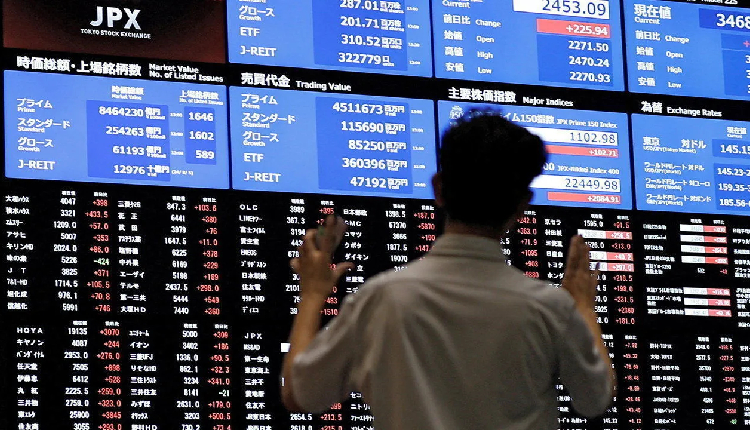Japanese stocks surged on Monday as the yen hit a three-month low after Prime Minister Shigeru Ishiba’s coalition lost its parliamentary majority in Sunday’s election, raising uncertainty about policy and the economy’s direction.
Ishiba’s Liberal Democratic Party (LDP) and junior coalition partner Komeito secured 215 seats in the lower house of parliament, falling short of the 233 required for a majority. The LDP previously held 247 seats, while Komeito held 32.
The election outcome may lead to power-sharing deals, potentially causing political instability. The Nikkei share average rose 1.45 per cent to 38,463.50 during midday trading, after opening 0.4 per cent lower.
The yen fell to 153.60 per dollar, from 153.885 earlier. Masahiro Ichikawa, chief market strategist at Sumitomo Mitsui DS Asset Management, stated that the election result increases political uncertainty, negatively impacting the stock market.
The rally is fuelled by the relief that the major risk event is over and the weaker yen. A weaker currency benefits Japan’s exporter by boosting overseas sales and making Japanese stocks more affordable for foreign investors.
The transport equipment sector led the Tokyo Stock Exchange with a three per cent increase, with Toyota up nearly four per cent and Nissan climbing 3.3 per cent.
Chip-sector stocks performed well, following US peers’ gains on Friday. Advantest, a chip-testing equipment maker, led the Nikkei with a 4.7 per cent increase.
Norihiro Yamaguchi, a senior economist at Oxford Economics, does not anticipate the rally to persist. He believes the equity market will remain subdued until political uncertainties are resolved, expecting bond yields to stay elevated due to concerns about looser fiscal policies.
Attribution: Reuters
Subediting: M. S. Salama


